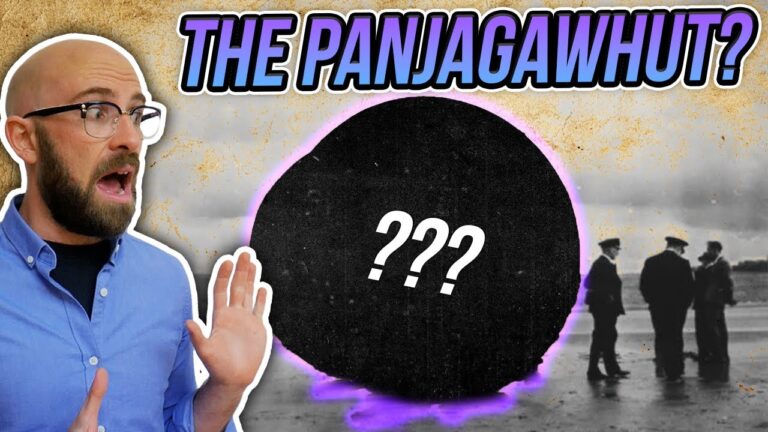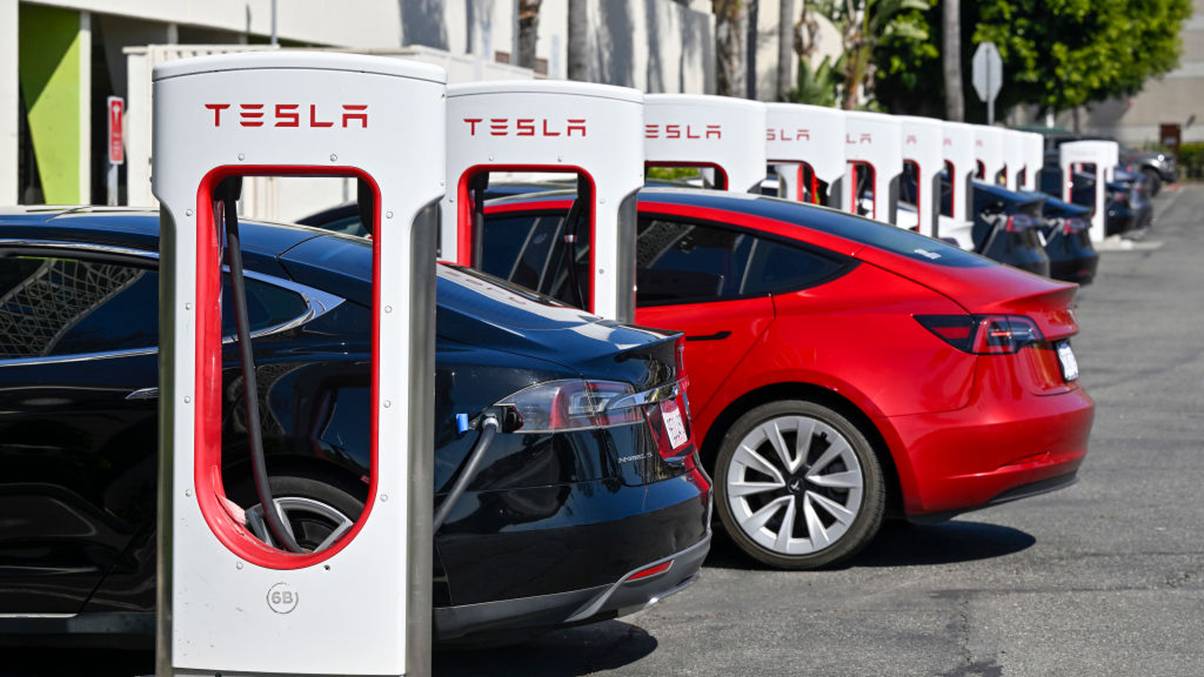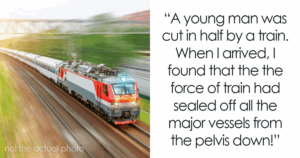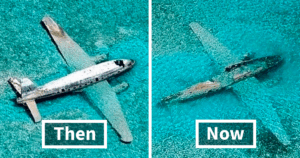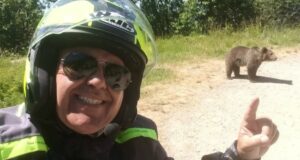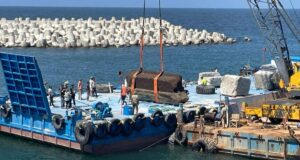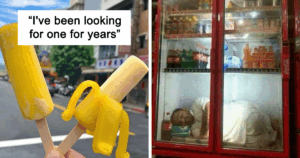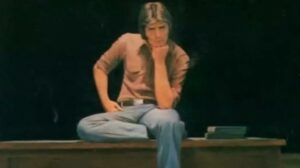“Unbelievable Inventions: The Bizarre Secret Weapons That Almost Changed the Course of WWII!”
A similar idea was to extend the piping system to quickly transport not only equipment, but soldiers too, particularly over difficult to cross terrain. Soldiers would be given oxygen masks and propelled through the pipes via water flowing through. In order to get around the inevitable problem of soldiers panicking while they’re whisked through these pipes they can’t get out of until they reach the end, he recommended drugging them first if they felt they’d have a problem with it. As he said, “The whole experience (of riding in a pipe) however should be far less unpleasant, and take very much less time to become used to, than parachute jumping, or being bombed.”
Another of Pyke’s genius ideas, this time after the war, was to get around the energy crisis by having trains not be propelled by conventional fuels, but by human power. His idea was to equip each train car with dozens of bicycle-like contraptions. Passengers would then be expected to pedal. This would cause people to eat more (needing more calories), which was a problem given post-war food shortages. Pyke felt this was fine because while certain foods were in short supply, sugar was plentiful and a pound of sugar, converted to energy via the human digestive system, would produce more energy than from burning a pound of coal or oil, which there was a shortage of.
Despite only a few of his ideas having some merit to them, with most being amazingly impractical, Pyke was kept around for a time simply because the Chief of Combined Operations, Louis Mountbatten, felt that Pyke’s steady stream of outlandish ideas was good for the other members of his staff to hear, to try to get them to think a bit more out of the box.
